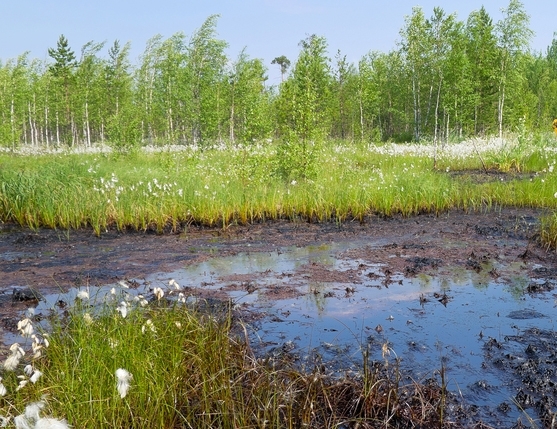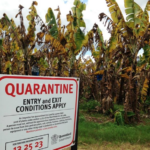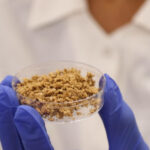December 20, 2013 – This month, in the journal, RSC Advances, focused on the chemical sciences, Canadian researchers report they have developed a technology to remediate oil from contaminated soil using CO2-responsive surfactants. In tests at 50 Celsius (122 Fahrenheit) degrees, half the temperature of steam, the chemicals successfully removed North Sea crude oil from sand allowing for recovery of the fuel.
This ability to recover the oil and resell it could pay for the cost of remediating a land-based spill. One of the concerns in using any surfactant on a oil spills of which there are so many every year, is the nature of the chemistry involved. Surfactants often contain hazardous ingredients which then need to be disposed of safely. But this new technology is a switchable surfactant triggered by the application of heat and CO2. The surfactant creates an emulsion. The CO2 disrupts the oil from the water allowing for separation. Removing the CO2 makes it possible to recover the surfactant for reuse. The recovered oil can then be refined.
It seems logical that in the country of the Athabasca Oil Sands we would come up with a technology that would separate oil from surface-based spills on land. After all the chemistry involved in creating bitumen bears some similarity. There is, however, a distinct difference. Note there are no unsightly holding ponds needed in the decontaminating of land-based spills, one of the real challenges of current oil sands production.
With so many new oil pipelines in the planning stage, (Northern Gateway, KeystoneXL, Kinder Morgan, and the reversal of Line 9, a west-to-east Canadian pipeline) and with more oil being shipped overland by rail, developing a better way to manage and remediate spills is a must. It, unfortunately, cannot come soon enough for the people of Lac Megantic, Quebec who experienced one of the worst land-based spills in modern history.
The technology is being pioneered at the GreenCentre Canada, Queen’s University in Kingston, Ontario. Future research will focus on reducing the amount of heat needed to obtain the same chemical response.





















